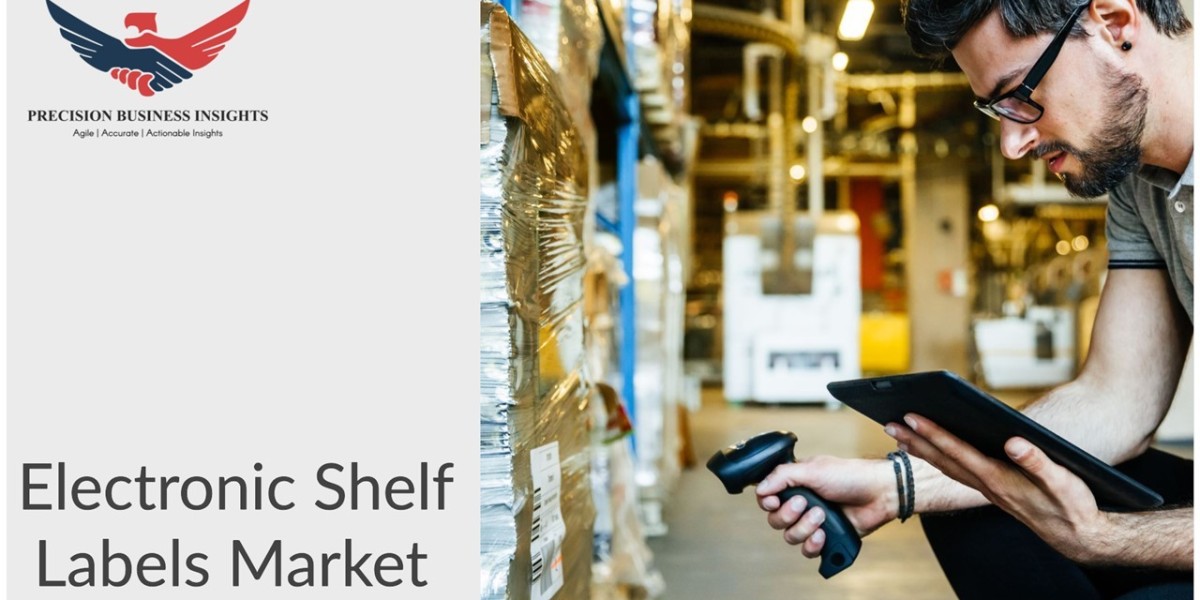Understanding Orlando’s Industrial Market
Orlando is a vibrant industrial hub, thanks to its strategic location, excellent transportation infrastructure, and growing economy. The demand for industrial space is on the rise, driven by both local businesses and national companies eager to take advantage of the city’s economic potential. Given this demand, deciding whether to lease office space or buy industrial space requires careful consideration of current market conditions and future growth prospects.
Advantages of Leasing Industrial Space
1. Flexibility Leasing offers significant flexibility, allowing businesses to scale their operations as needed without the long-term commitment of purchasing property. This is especially beneficial for companies in dynamic industries or those experiencing rapid growth, as they can easily relocate to a larger space or downsize as necessary. Leasing also allows businesses to choose locations that best suit their operational needs, whether near major highways, ports, or distribution centers.
2. Lower Upfront Costs Leasing typically requires less capital upfront compared to buying. Instead of a substantial down payment and closing costs, businesses usually only need to cover the first and last months’ rent and a security deposit. This lower financial barrier makes it easier for small and medium-sized enterprises to access prime industrial locations in Orlando without tying up significant capital.
3. Maintenance and Repairs When leasing industrial space, the landlord is generally responsible for maintenance and repairs, particularly in triple-net leases. This reduces the operational burden on businesses, allowing them to focus on core activities rather than property management. This arrangement is ideal for businesses that prefer not to handle property upkeep.
4. Tax Benefits Leasing can also provide tax advantages. Businesses can often deduct the entire amount of their lease payments as a business expense, reducing their taxable income. Additionally, leasing avoids the depreciation issues associated with property ownership, where only a portion of the property’s cost can be written off over time.
Advantages of Buying Industrial Space
1. Long-Term Investment Buying industrial space can be a smart long-term investment, particularly in a growing market like Orlando. Property values tend to appreciate over time, providing business owners with potential capital gains if they choose to sell in the future. Additionally, owning industrial property can generate extra income if part of the space is leased to other tenants.
2. Control and Customization Ownership offers complete control over the property, allowing businesses to make modifications and improvements without needing landlord approval. This level of control is especially beneficial for companies with specialized needs or those looking to establish a long-term operational base.
3. Fixed Costs Owning industrial space offers more predictable costs in the long run. Unlike leasing, where rates can increase over time due to inflation or market conditions, owning a property allows you to lock in your costs, particularly if you finance the purchase with a fixed-rate mortgage. This stability makes it easier to plan and budget for the future.
4. Tax Advantages Property ownership comes with its own tax benefits. Mortgage interest, property taxes, and depreciation are often deductible, potentially lowering your overall tax burden. Additionally, if the property appreciates in value, you may benefit from favorable capital gains tax treatment when selling the property.
Drawbacks of Leasing and Buying
While both leasing and buying have their benefits, they also have drawbacks:
Leasing Drawbacks: Leasing may offer flexibility and lower upfront costs, but it doesn’t build equity in the property. Lease agreements can also include restrictions, limiting your ability to modify the space or use it in certain ways. Over time, rent increases can become a financial burden.
Buying Drawbacks: Purchasing industrial space requires a significant upfront investment, which can be a barrier for smaller businesses. Ownership also comes with property management responsibilities, including maintenance, repairs, and property taxes. If the market declines, the property may decrease in value, leading to potential financial losses.
Conclusion
Deciding whether to lease or buy industrial space in Orlando depends on your business’s unique needs, financial situation, and long-term goals. Leasing offers flexibility, lower upfront costs, and reduced operational burdens, making it an attractive option for many businesses. On the other hand, buying provides stability, control, and the potential for long-term financial gains.
By carefully weighing the benefits and drawbacks of each option, you can make a decision that aligns with your company’s strategic objectives and sets you up for success in the competitive Orlando market. Whether you choose to lease or buy, the key is to thoroughly evaluate your current and future needs to ensure the best possible outcome for your business.









